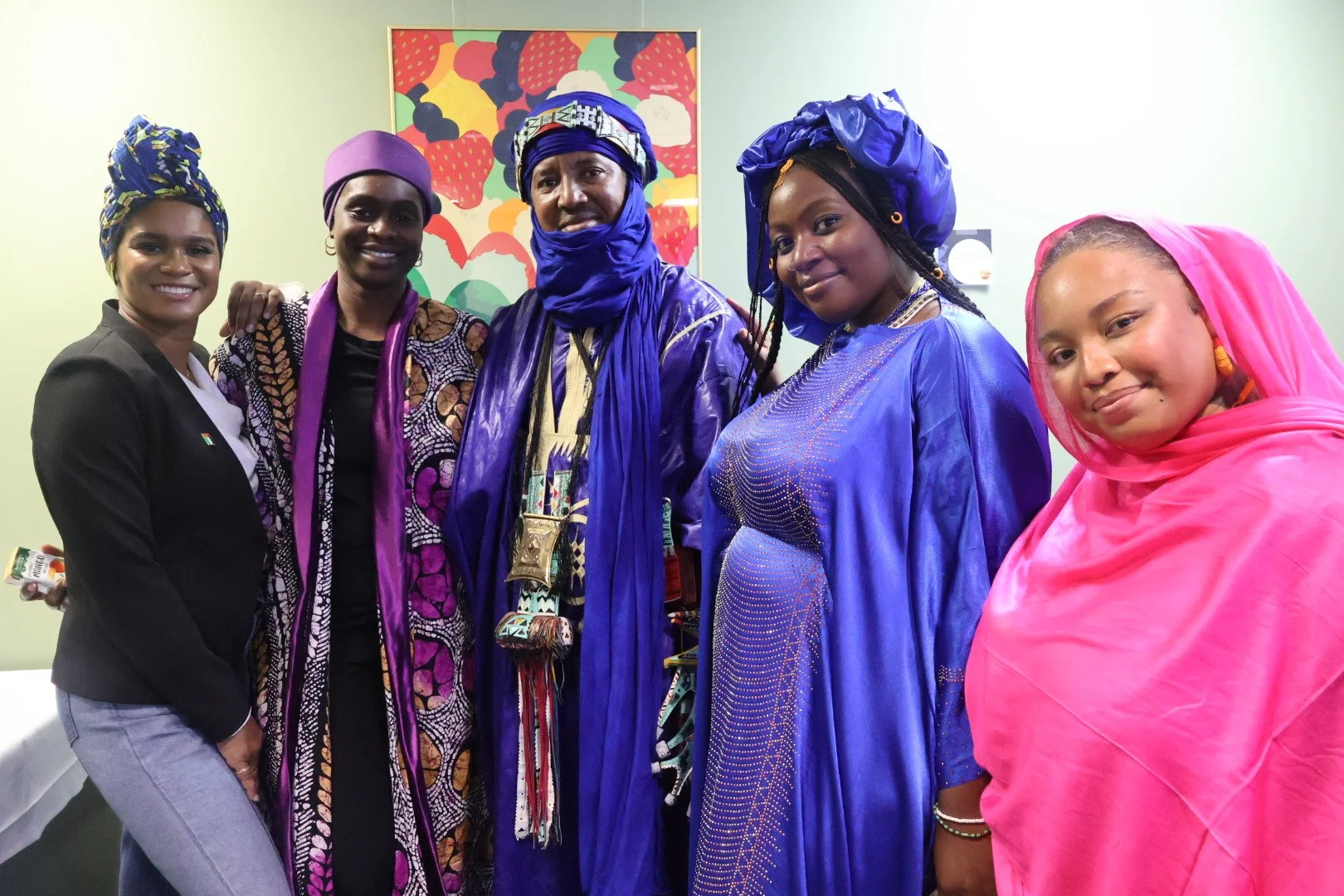Embracing our History
University of Maryland Film Screening of “The Art of Friendship” June 25, 2024
Jummah Mubarak sis! In order to know where you’re going, you must know where you came from. The Quran demands that that we reflect upon history, not merely to know it but to learn from it. Part of that allows us to close the loops on many open circles and paint a bigger picture of humanity. As we know, there are many pieces that make us whole… But have you started asking yourself, “What are my pieces and how do I preserve it?”
Surah Al Qasas 28:85 (The Story)
إِنَّ ٱلَّذِى فَرَضَ عَلَيْكَ ٱلْقُرْءَانَ لَرَآدُّكَ إِلَىٰ مَعَادٍۢ ۚ قُل رَّبِّىٓ أَعْلَمُ مَن جَآءَ بِٱلْهُدَىٰ وَمَنْ هُوَ فِى ضَلَـٰلٍۢ مُّبِينٍۢ
“Most certainly, the One Who has ordained the Quran for you will ˹ultimately˺ bring you back home ˹to Mecca˺. Say, “My Lord knows best who has come with ˹true˺ guidance and who is clearly astray.” ”
There is a lot of history in the Quran, and some scholars say the whole Quran could be useful for historical reflection. There are parts that are directly related to history and historical stories, what the Quran calls “Al Qasas”. This Surah tells the story of the Prophet Moses (as) and how early Muslims were inspired to transform from desert dwellers into civilization builders. The story illustrates how Allah swt can provide the means and motives for what He wants to do in imperceptible ways. In a way, it’s bringing us “home”. The use of history in the Quran is part of that guide to lead us ultimately to paradise. In this ayat, Allah (swt) commands His Messenger (saw) to convey the Message and recite the Qur'an to people. He tells him that he will be brought back to the return, which is the Day of Resurrection, where he will be asked about the prophethood he was entrusted with.
Ibn `Abbas is also reported to have interpreted this referring to death, as the Day of Resurrection which will come after death, and to Paradise which will be his reward and his destiny for putting the Message of Allah (swt) into practice and conveying it to the humans and Jinns, and because he is the most perfect, most eloquent and most noble of all the creation of Allah (swt).
In an article covering the Spread of Islam in Africa, the author states there were three major stages of how this occured. Containment, mixing, and then reform. These stages can shed light on the historical developments of Islam in this region. As we know, the trans-Saharan trade was an important gateway for the spread of Islam in Africa. The author also notes that Muslim communities have existed in West Africa for over a millennium, pointing to the fact that Islam is a significant part of the African landscape.


